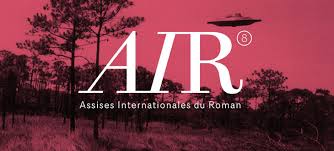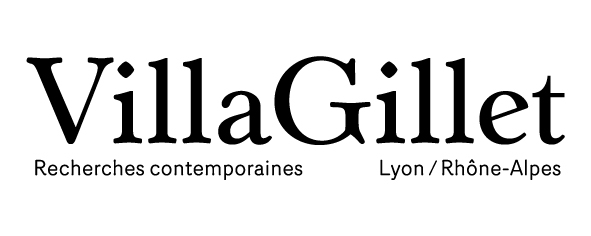American Indians - A conversation with David Treuer
https://video.ens-lyon.fr/eduscol-cdl/2014/ANG_2014_dtreuer_01.mp4
Transcript of the interview (Collège Hotel, Lyon, 19/05/2014)
Clifford Armion: In your essays and in your novels you’ve tackled the issue of Native American identity and the way Native Americans are perceived in the USA. I believe you think that people in the US have a sort of romantic vision of Native Americans, is that right?
David Treuer: I think people worldwide have a fairly romantic notion about American Indians. In some ways we are the most visible and invisible minority in the United States. We make up 1% of the population, which is a very small amount, but we occupy vast tracts of the American imagination. America set itself apart from Europe in many ways by evoking our presence, in everything from the Boston Tea Party to the Declaration of Independence, to Custer’s defeat at the Little Bighorn. We have been part of America’s myth-making about itself, so we function largely as part of a myth but we are not understood as being part of an American reality. In some ways it is what my writing does, it reminds people that not only do we exist but we exist in ways that defy the imagination.
Clifford Armion: Is this myth related to fiction; to films, books…
David Treuer: All of them. It’s a strange feeling to be a modern person, to have modern concerns and to be an Indian person as well, to go around the country and to go around the world almost as though you’re in disguise because we might not look the way people want us to look, we might not act the way people want us to act, they might have the most foolish notions about our religion, our culture, our languages, what all those things mean. It’s like you passed through society unrecognized, unappreciated, as though you had no standing as a modern, real American Indian, unless you closely resemble these romantic ideas that people have. When you deviate from those ideas in your life people tell you “you’re not really Indian” or “all the real Indians died out a long time ago.” It’s infuriating.
Clifford Armion: Is that related to the system of the reservations? After all it contains the real culture, doesn’t it?
David Treuer: No that’s not the case. In fact half of all American Indians don’t live on reservations. They live in cities or in the countryside or in suburbs or everywhere else that American people live. Less than half of our population is born and raised and stays in reservations. Reservations are like small countries inside a larger country of America. We’re free to travel, we’re free to live, we’re free to work, we’re free to do whatever we like to do. Even when people who are not Indians live on reservations - which is often the case - they too don’t recognize us for what we are. So it’s not that we’re hidden in reservations away from the public gaze. There’s just a problem with the public gaze. So my job as a writer, among other things (to entertain, to entice, to please, to bring pleasure…), is to change how people see the world.
Clifford Armion: I think you also defend the use and the upkeep of Indian languages. Is that important to the progression of the culture?
David Treuer: Absolutely. Imagine being French but you don’t have the language. How are you still French? As soon as you lose a language, you might have an ethnicity but you no longer have a culture. If your ancestors are from France, you might even live near France, but you don’t speak French, it would be hard to say “I’m a French person.” You might say “I come from French people but I’m not myself French.” As soon as you lose you’re native languages, as soon as those languages die out, it’s hard to say that we are native people or Indian people. In that case we’re no longer a culture, we’re an ethnicity. We say we’re descended from the Indian, and then our political power weakens, our influence and our standing weakens, our ability to make sure that the government of the United States honors the treaties that itself signed, all those efforts to improve our lives are made more difficult if we lose our language. We also lose our sense of who we are and that’s important.
Pour citer cette ressource :
David Treuer, Clifford Armion, American Indians - A conversation with David Treuer, La Clé des Langues [en ligne], Lyon, ENS de LYON/DGESCO (ISSN 2107-7029), septembre 2014. Consulté le 13/02/2026. URL: https://cle.ens-lyon.fr/anglais/civilisation/domaine-americain/immigration-et-minorites/american-indians-a-conversation-with-david-treuer



 Activer le mode zen
Activer le mode zen

